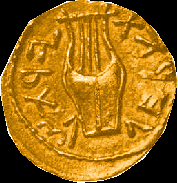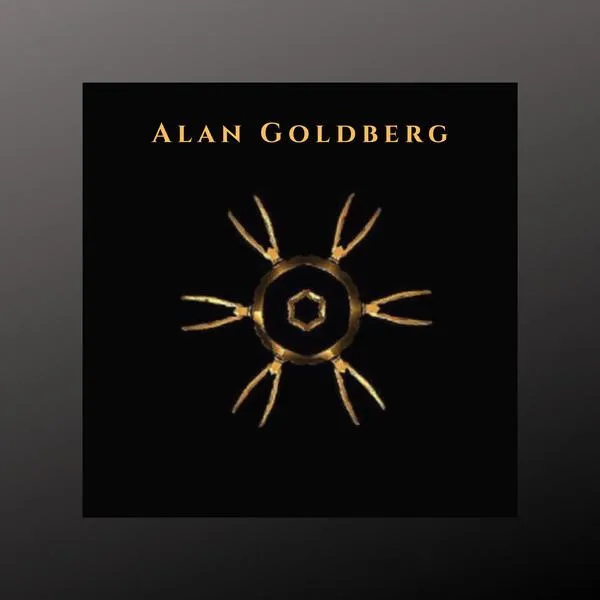

Alan Goldberg Music - Including Lyre and piano based Kabbalah music to relax the soul and prepare for Shabbat, meditation, and introspection.
The challenge of creating instrumental music that communicates a deep spiritual connection led Alan naturally to the Jewish musical tradition of the niggun the wordless tune. Instead of the traditional wordless singing of melodies, he employs the lyre, an instrument deeply rooted in the Jewish tradition and associated with holiness and spirituality from antiquity, as well as piano. “Bringing the sound of the lyre back into the consciousness of people in order to create spiritual movement is one of the driving forces behind my music,” Alan says. While the wellspring of the music is from a Jewish perspective, the sense of yearning in the music is accessible to ”seekers” of all faiths.
A piano and keyboard player for many years, including a stint in Austin Pop-Rock band “The Damage Project”, Alan released his solo piano CD “Small Acts” in 2001 as music to prepare the mind and soul for the Sabbath. Music that helps to relax people and get them in touch with their spiritual side is important, especially in these tense times. "It’s not uncommon for my music to be used in ways that allow it to find it’s way into a person’s consciousness when their guard is down,“ Alan explains. “That’s the most effective time to do soul work.” So it’s not surprising that Alan’s music has been used by therapy, massage, and healing groups to help in relaxation and meditation exercises, made its way into soundtracks for student films, in radio advertisements, and onto Jewish-oriented radio stations. "A song from my first album "Fuel For the Fire" ended up as background music for some TV college basketball highlights." Alan muses. "Now that's a novel approach to spirituality."
"Ultimately it's about a connection to the divine", Alan says. "Many people define their day, and their lives, by the things that distract them from what really makes them happy. If a little bit of music can help to center someone, to remind them of what their true source of meaning is, and I can contribute to that, then I've done what I'm supposed to do."
Song Info
Track Files
Story behind the song
On
Playlists